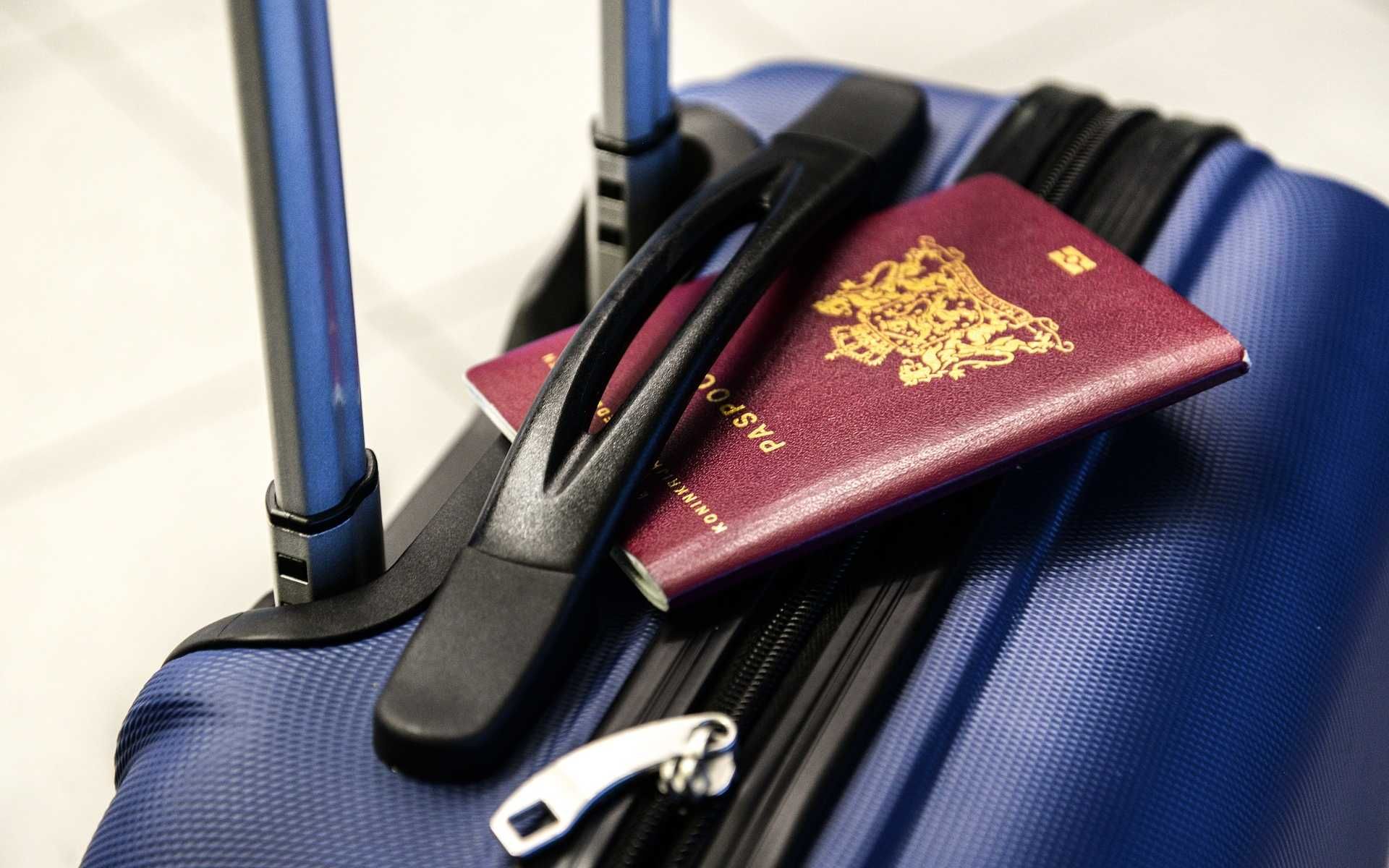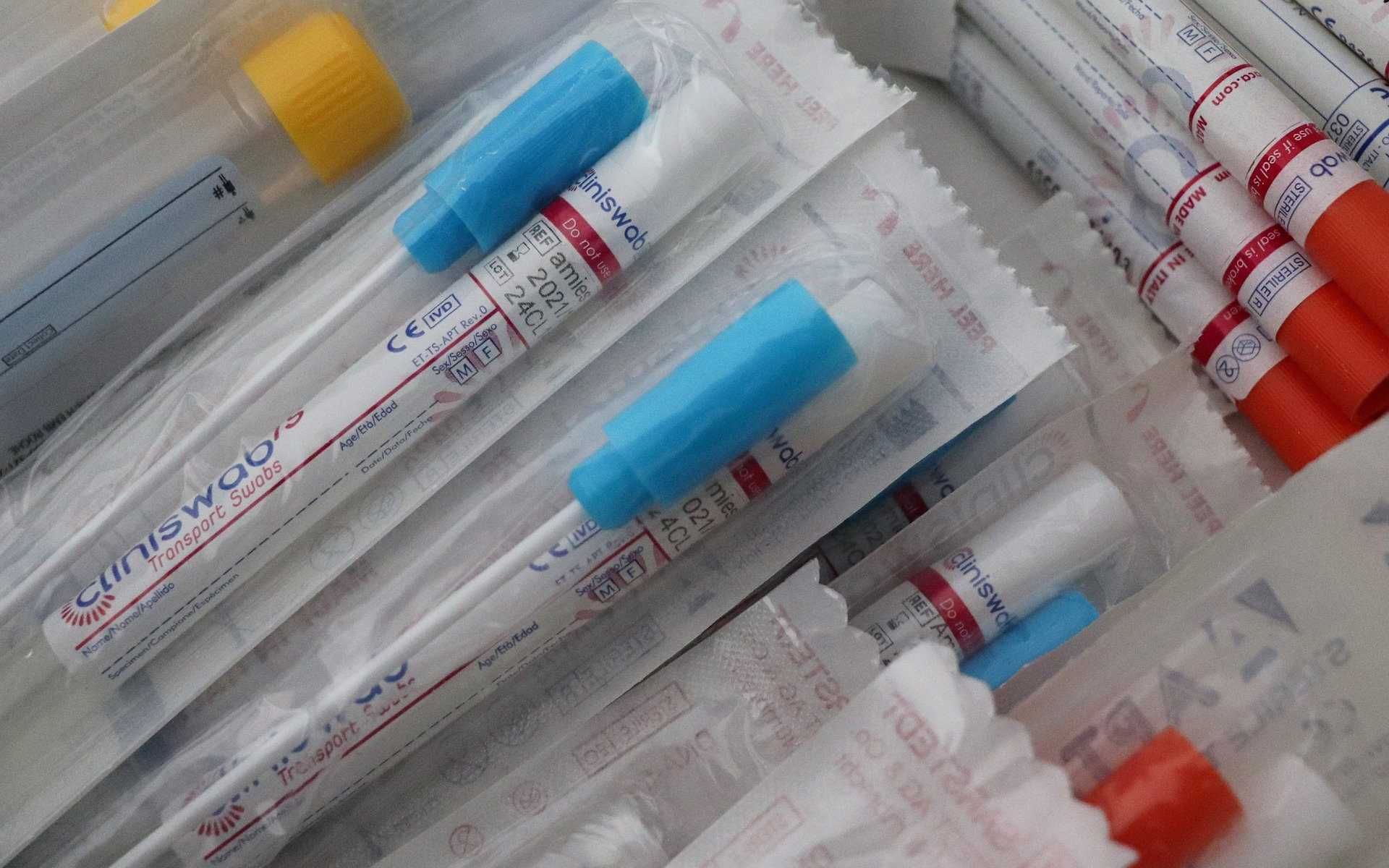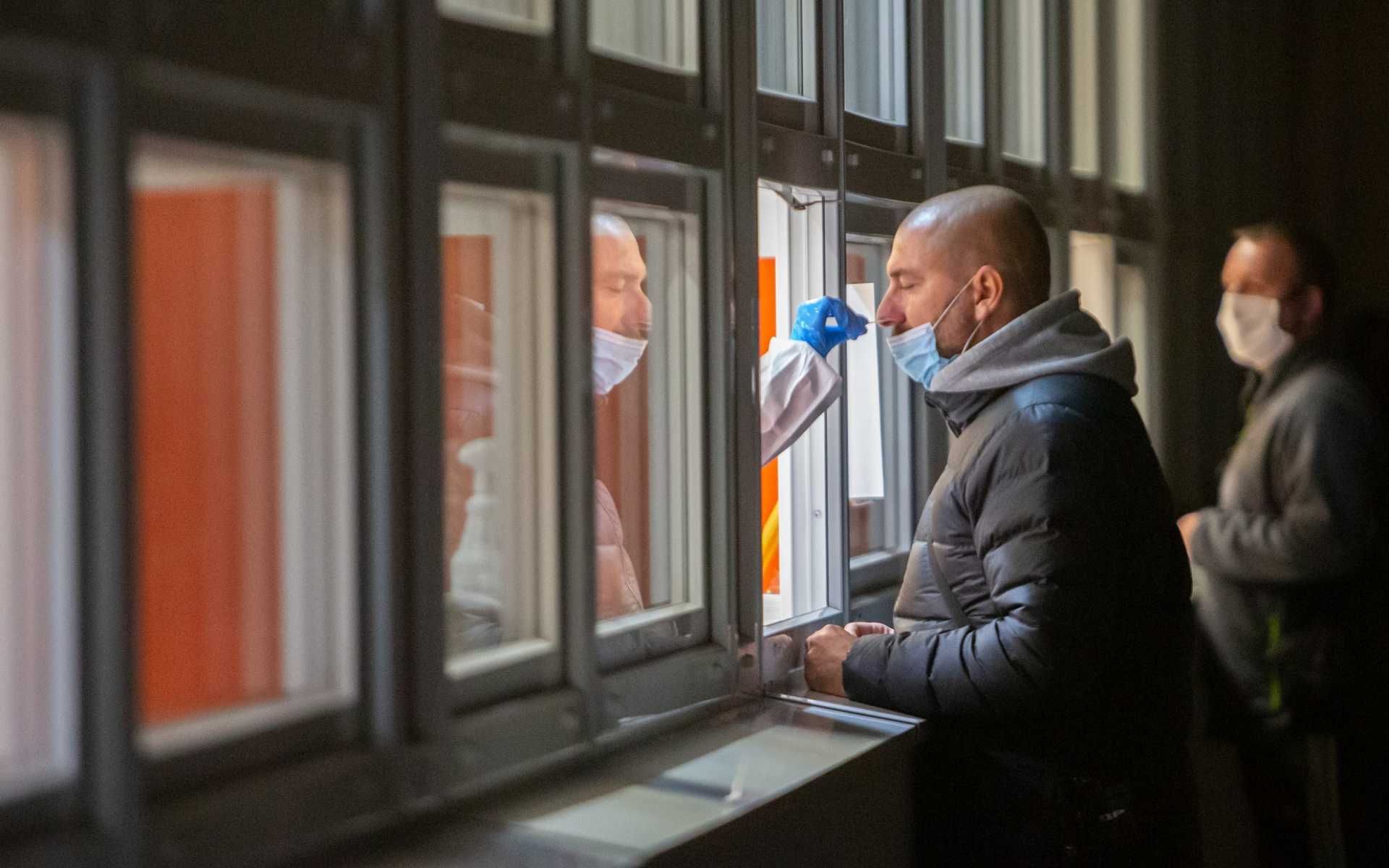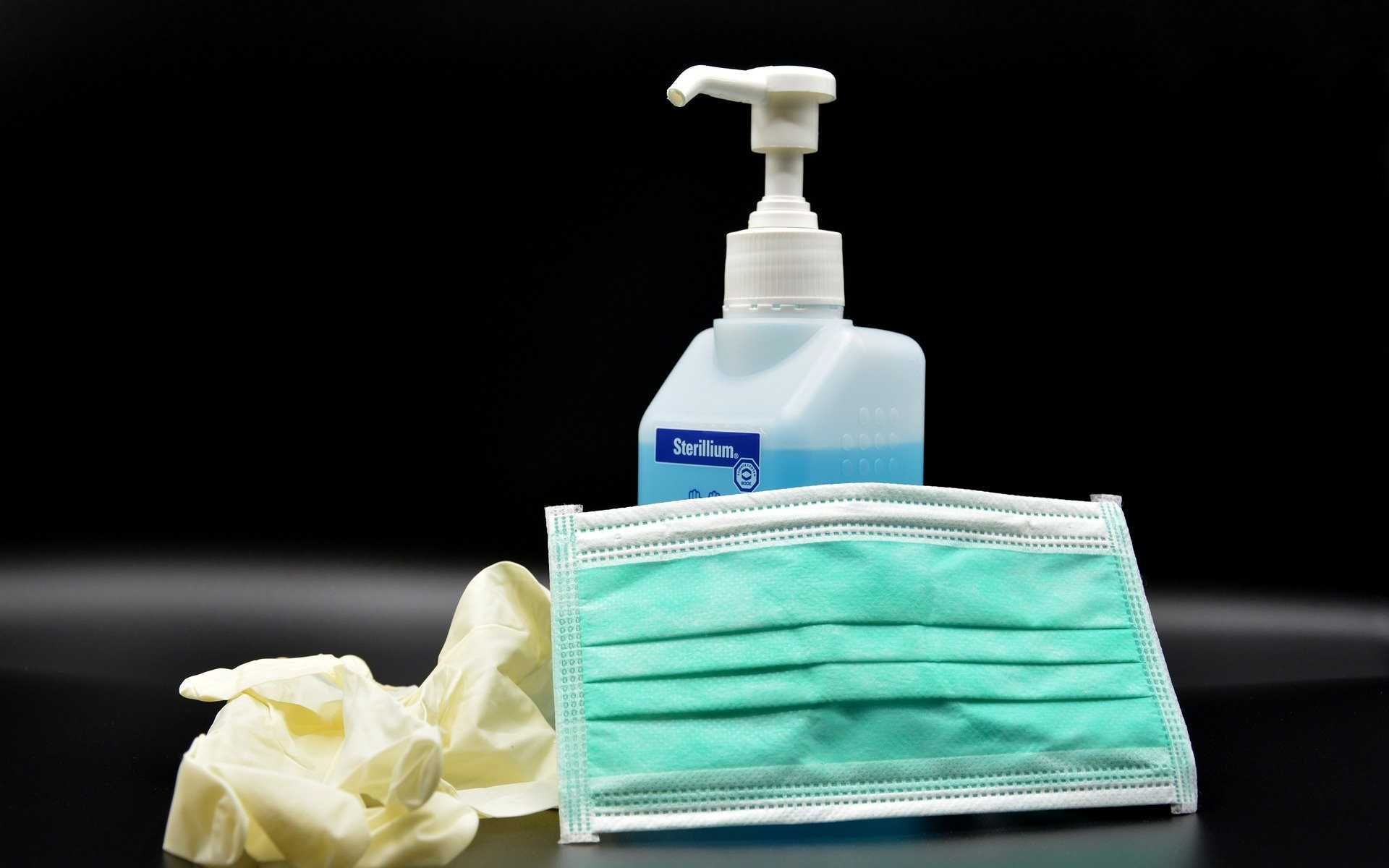Your guide to getting as travel-ready as possible during the Covid-19 pandemic
Although travel is slowly picking up again, with the Covid-19 pandemic ongoing and some restrictions still in place, the safest thing to do is to stay home. So what do you do if it's an urgent international or domestic trip that’s unavoidable? If you must travel during this challenging time and amid new Covid-19 strains, here are some things you need to know in order to travel safe and well.
Read more: Travel To Antarctica On A Disney Cruise This December 2021
1. Get your papers sorted

Dusting off your passport for the first time in a year? Check if it has expired during your travel lull period. If you’re setting off to a country that may need additional paperwork such as visas, entry permits, proof of negative Covid-19 tests, travel insurance, or documentation for medical assistance, it’s important to get those sorted out as well. That'll save you a lot of heartaches and from burning a hole in your pocket.





